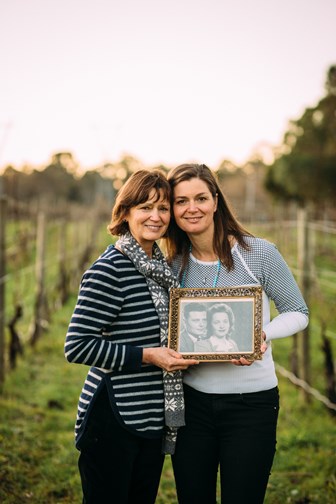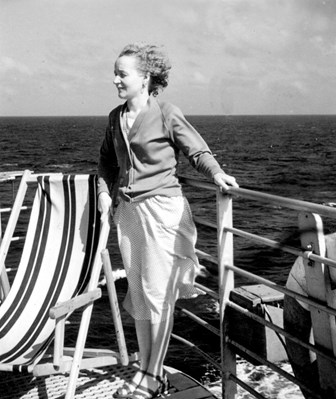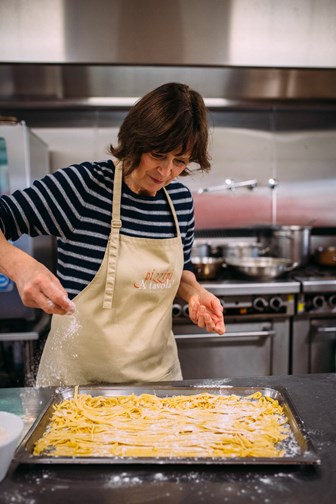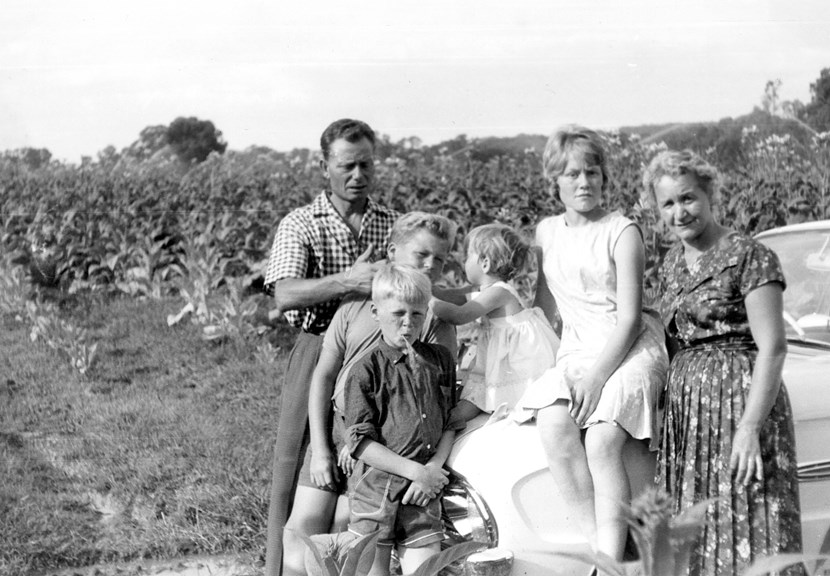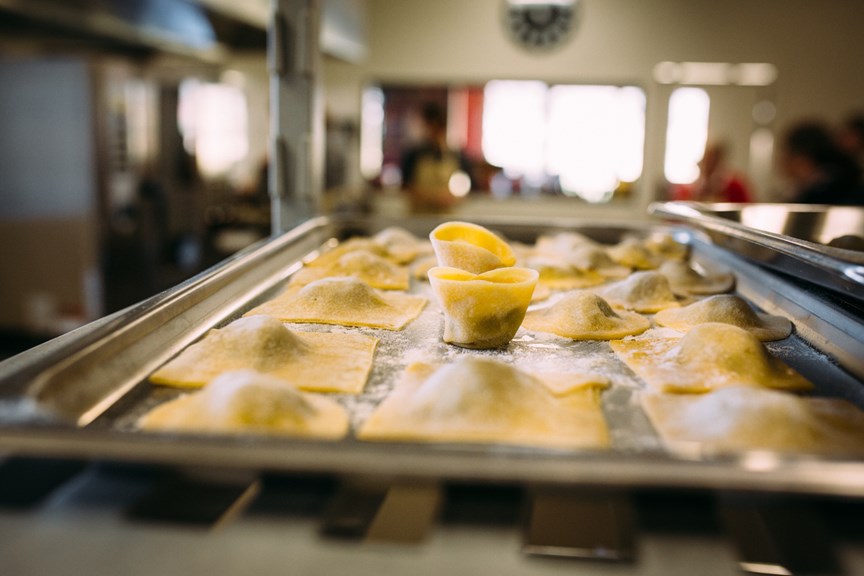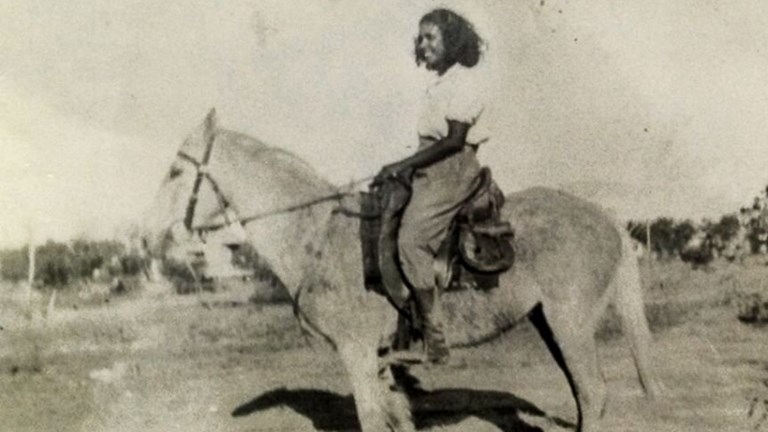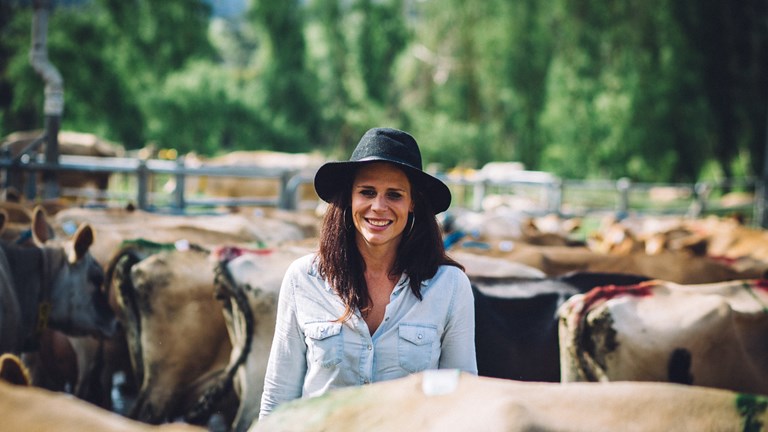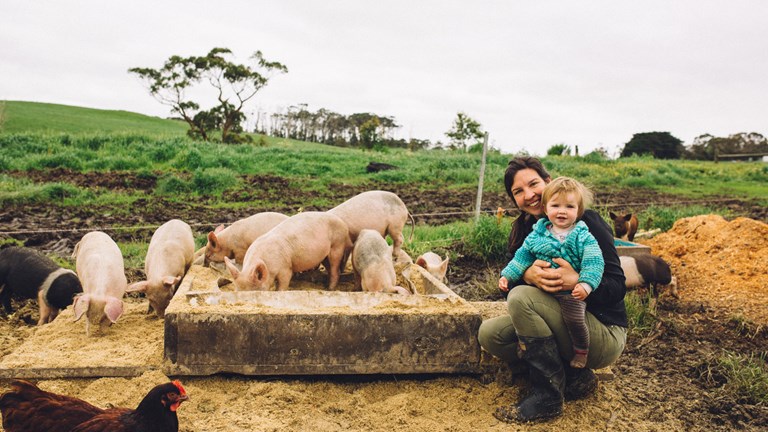The Pizzini women and their ‘souls of steel’
How three generations of strong women helped build a wine and tourism dynasty
Roberto Pizzini was picking potatoes in Victoria’s Alpine Valleys in the late 1950s when he decided he’d had enough.
'I didn't come all this way to pick potatoes—we're going home,’ he told his wife Rosetta.
Home was Trentino, Northern Italy. Roberto and Rosetta had not long uprooted and brought their young family to join his brothers’ on the other side of the world.
They’d come for a brighter future. Picking someone else's potatoes in the cold was not that future.
But Rosetta was not about to give up on their dreams.
On the boat trip over, when Roberto was struck down by sea sickness, Rosetta cared for him and their three young children. Another passenger, a young mother, was also so ill she couldn’t care for her own child. Rosetta took that baby under her wing too.
‘No,’ Rosetta told Roberto. ‘We've come all this way, we've bought our family over.’
She’d not spent 30 days washing someone else’s baby's nappies for nothing.
‘We're not going anywhere—we're going to make a go of this,' she said.
Or at least, that’s the story that Natalie Pizzini tells of her ‘Nonno’ and ‘Nonna’, more than six decades later.
The resilience of the Pizzini women, Natalie says, helped the family forge for themselves the better life for which they’d left everything behind.
Natalie’s mother Katrina—who married into the clan aged 17—says it was the women who ‘kept the family going’ over three generations and multiple enterprises.
Growing tobacco first, then grapes. Along the way, running pubs, cafes and cellar doors, making wine, writing cook books and, finally, carving out the King Valley as a tourism destination.
‘They've got souls of steel,’ Katrina said of her mother-in-law, sisters and daughters.
It is a resilience that continually called upon, and never more so than today.
In 2020, tourism in north east Victoria has been devastated by bushfires and, of course, the COVID-19 pandemic.
Katrina’s response has been to take her cooking classes online.
Originally created around 2010 to attract tourists to the region, Katrina now delivers the King Valley to her customers.
Pizzini wines and recipes are home-delivered to accompany her online gnocchi-making classes.
The recipes can be traced back to Nona Rosetta—the resilience too.
It was an ethos into which Natalie was born and raised.
Katrina and her sisters'-in law would take turns working the field and caring for Natalie and the other infants.When she was 12, Natalie began working alongside the other women on the farm collecting seedlings from the tobacco beds for them to be planted in the fields.
She helped the family plant their first grapes, ran a local pub and has helped create tourism associations and festivals.
Natalie recalls one of the Pizzini’s Gnocchi Carnivales which drew ‘about one thousand people’.
‘My Nonna and my Nonno were walking from their house which was up on the hill down through the crowd and I stopped them and I saw them and I went up to them and said “you must be so proud,’” she recalled.
‘“What you did, the foundations that you have provided this next generation have helped us to produce a space that so many people love to come and enjoy.”’
It was a recollection tinged with melancholy. When Catherine Forge interviewed Katrina and Natalie in 2017 as part of the Invisible Farmer Project, the Pizzini matriarch, Nona Rosetta, had recently passed away.
The mother and daughter were reflecting on their role model and inspiration, her life as a cook, gardener, mother, wife and farmer. And also, the man who stood beside her.
‘Roberto was not that type of Italian man that [believed] a woman had to have her place,’ Natalie said.
‘My Nonna was always an incredibly strong woman and her husband really respected that—they were a team.’
Mostly, though, they were reflecting on Rosetta’s legacy.
‘Her strength, her backbone, her work ethic’, Natalie said.
'Nonna Rosetta made it okay to be a strong woman.'
In 2017 Catherine Forge travelled to the King Valley to interview Katrina and Natalie Pizzini, a mother and daughter team, about their role in the family-owned wine business, Pizzini Wines. Their stories are now part of Museum Victoria’s Invisible Farmer Collection—a collection documenting the lives and experiences of women on the land.
